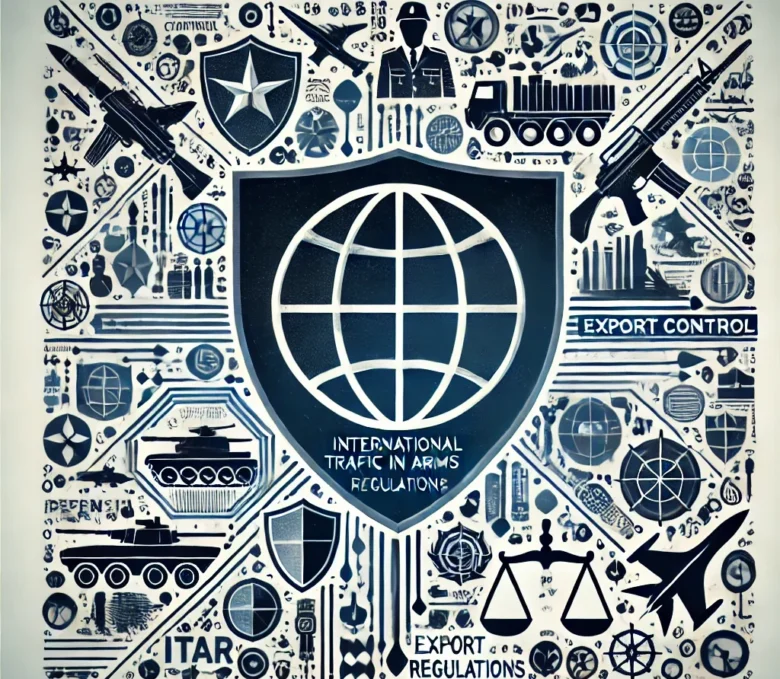
International Traffic in Arms Regulations(ITAR) is one of the most important US export control laws that have a direct bearing on the Manufacturing, Sales and Distribution of Technology, Products, Software and Services. Apart from ITAR, Export Administration Regulations(EAR) are the other important set of regulations.
These laws are meant to restrict access to specific types of technology and data to prevent unintended disclosure or transfer of sensitive information to an authorized or suspicious foreign entity.
The ITAR:
ITAR rules regulate the export of defence articles and services including technological products and services and technical data. Those articles that are regulated under ITAR are identified in the US Munition List.
A range of defence products are covered under ITAR. Items such as Imaging Systems, Satellites, Body Armour and Spacecraft and some Electronic Items are included. Defence services include the Design, Development, Testing and Maintenance of a wide range of military systems, Repair of these systems and Training.
Those rules apply to any manufacturer that exports or temporarily imports defence products or services. Any entity within the supply chain could be subject to such rules– Wholesalers, Distributors, Software Suppliers, Vendors, Contractors and Third-Party Suppliers. Each nodal point must be ITAR-compliant.
Impact of ITAR on Exports:
ITAR controls exports of defence services and products, reexports, temporary exports and imports. Any firm or entity involved in the aforementioned activities concerning defence products and services must be ITAR compliant. “Export” refers not only, to the export of a tangible product or service but also to the “passing” of sensitive information by a US individual to a foreign national. It applies to the conditions where the transfer occurs within the same company located in the US.







